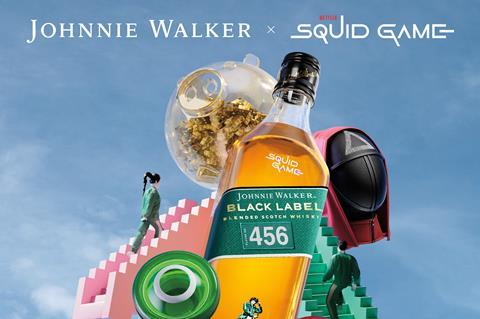
In today’s crowded alcoholic drinks space, brands are striving to stand out. One effective way is through brand collaborations.
Joining forces with other brands, designers, or public figures can create buzz, boost sales, and increase loyalty. However, as collabs have become ubiquitous, many have become merely background noise or cheap publicity stunts.
Successful brand partnerships are typically built on a shared vision, values, or target audience. When brands align, they can amplify each other’s strengths, achieving greater results together.
Absolut Vodka, for example, has been a pioneer in brand collaborations for decades, working with artists and fashion icons including Marc Jacobs and Damien Hirst. This strategy is a big part of its DNA and gives the brand the legitimacy to keep trying new things – whilst remaining relevant by continuously embracing different styles, trends and cultural moments.
The brand-new collaboration between Johnnie Walker Black Label and the Netflix global phenomenon Squid Game is one to watch.
Leading up to the show’s much-anticipated second season, premiering on Boxing Day, this partnership merges the sophistication of Johnnie Walker with Squid Game’s cultural cache through a limited-edition release. New packaging blends Johnnie Walker’s iconic assets with distinctive Squid Game properties, such as the tracksuit worn by competitors, celebrating the show’s aesthetic style and enhancing fans’ connection to the show.
This collaboration will certainly boost Johnnie Walker’s visibility, bringing it into the world of younger consumers who connect with Squid Game’s visual storytelling. The timing is impeccable, aligning with the peak pre-Christmas season, ensuring maximum exposure and sales.
Savvy innovation and marketing
Innovation and marketing are critical to a successful brand collaboration. Primark’s partnership with Greggs in 2022 exemplifies this with its clever marketing tactics.
The release was teased with subtle hints, such as Primark mannequins holding Greggs’ vegan sausage rolls, sparking curiosity. When the collaboration was finally revealed, it went viral, reaching 87% of the UK population and generating enormous demand. That it sold out in less than two days is testament to its innovative coupling and brilliant marketing.
Heineken’s long-standing collaboration with the James Bond franchise is another example of a partnership executed over time. With limited audience crossover, this collaboration helped Heineken appeal to a more sophisticated demographic. The steady build of the partnership since 1997 has expanded Heineken’s global reach and solidified its brand image.
Keeping it real
While some collaborations succeed, others fall flat due to a lack of authenticity. KFC’s frequent collaborations or Barbie’s countless tie-ins often feel more like cashing in on a trend rather than delivering real value. The Barbie x Burger King collaboration, for instance, created an initial buzz, but didn’t leave a lasting impact beyond its launch market.
Brand collabs are only worth the hype when they feel genuine. True success happens when partnerships have authenticity and offer a meaningful connection to audiences. Brands must be bold, take risks, and find partners with shared values to win over discerning consumers who crave authenticity.
The days of easy, logo-slapping partnerships are over. Brands must create alliances that feel innovative and have a purpose. Only those collaborations that genuinely resonate with their audiences and tell a compelling story will leave a lasting cultural impression.








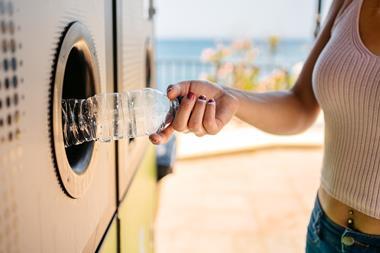

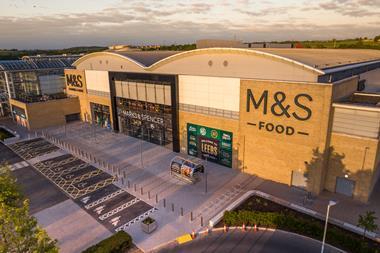
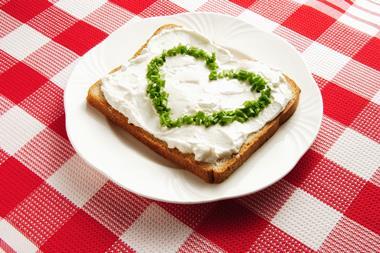
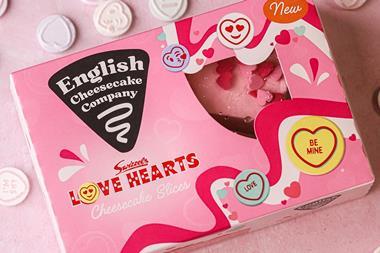
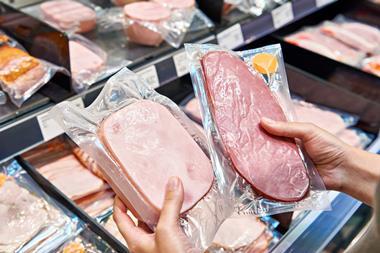
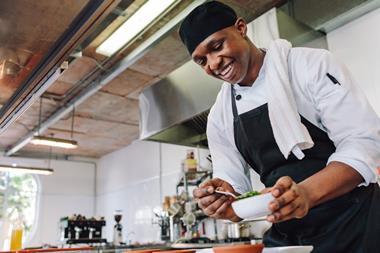


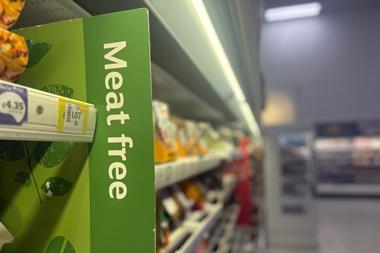

No comments yet